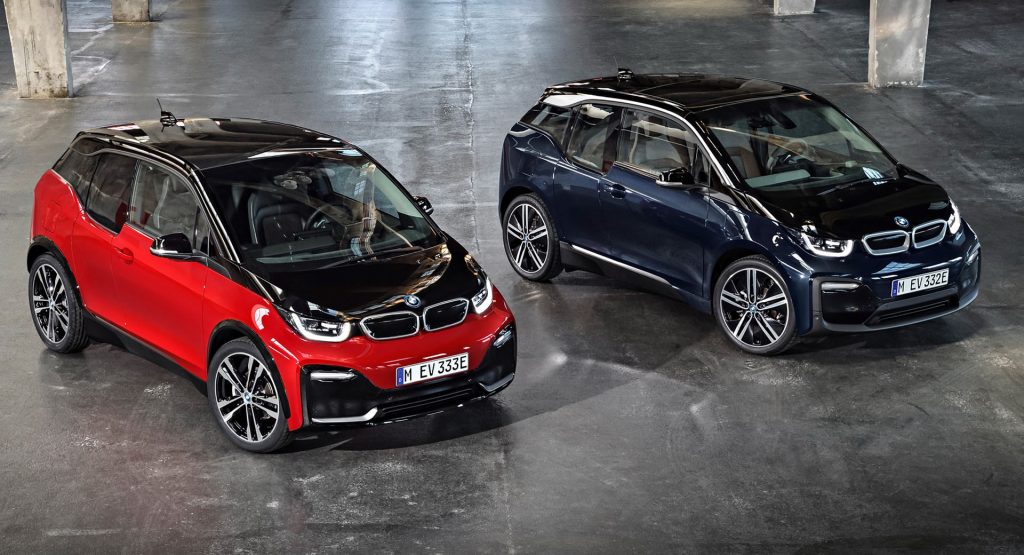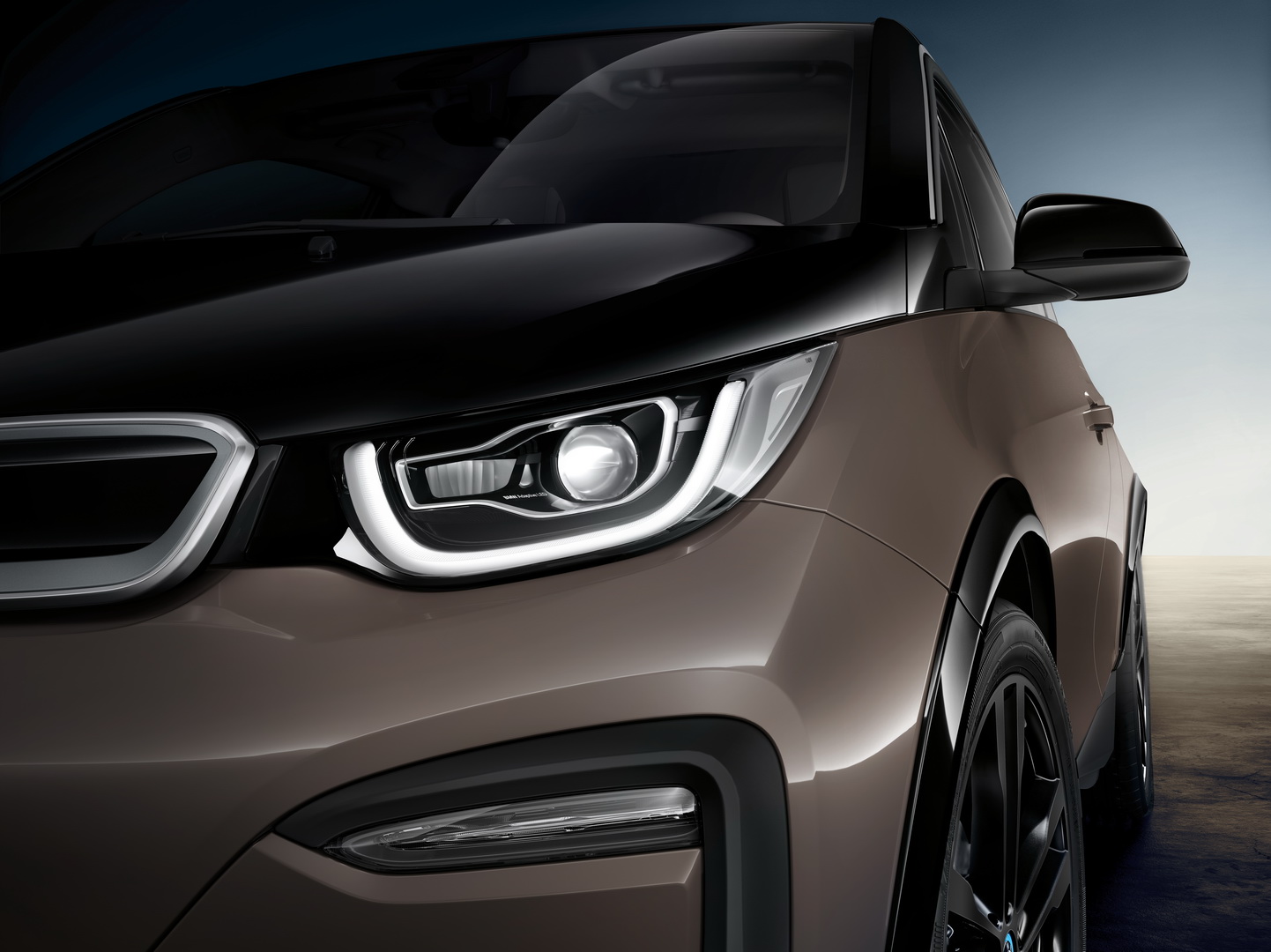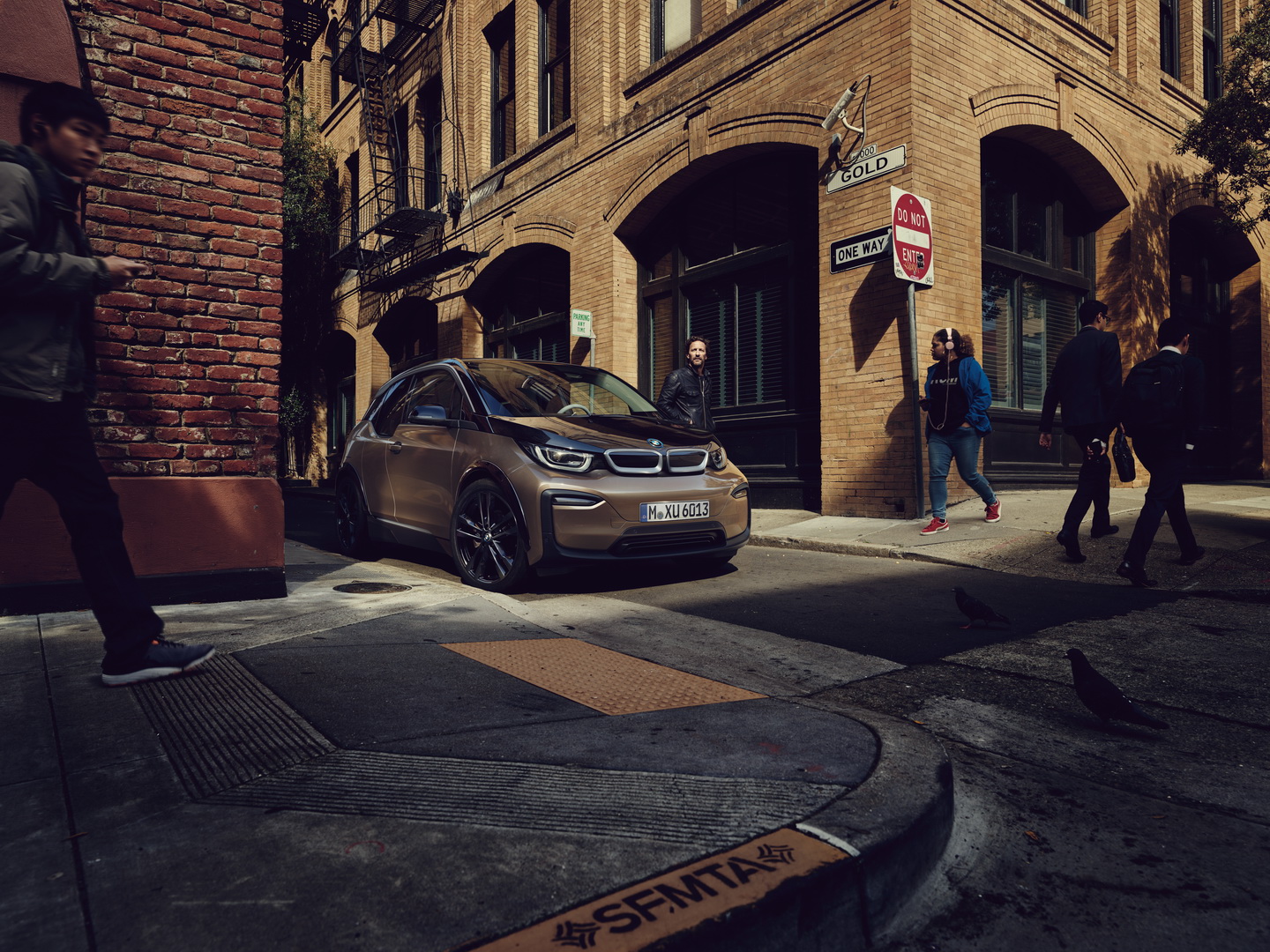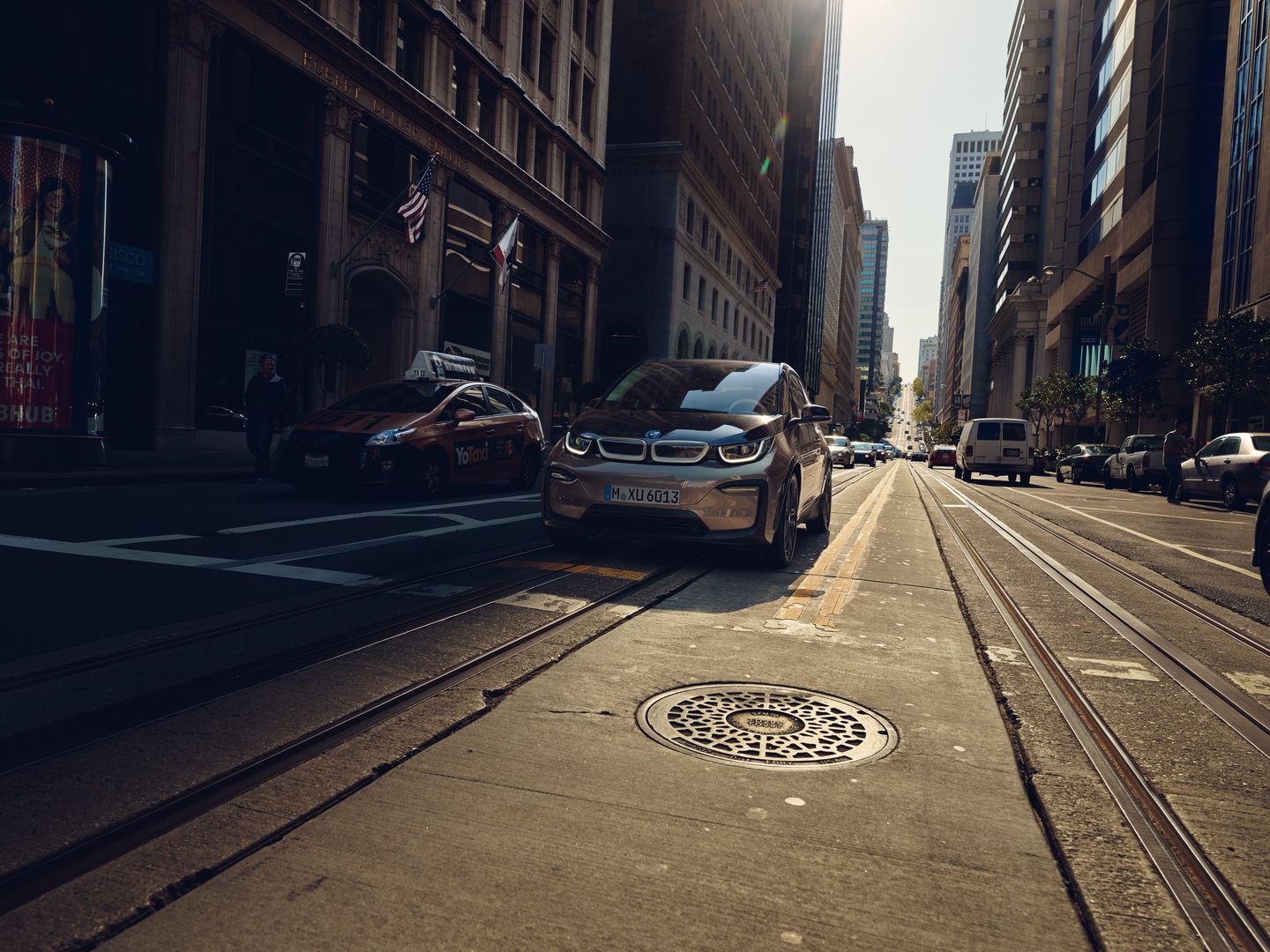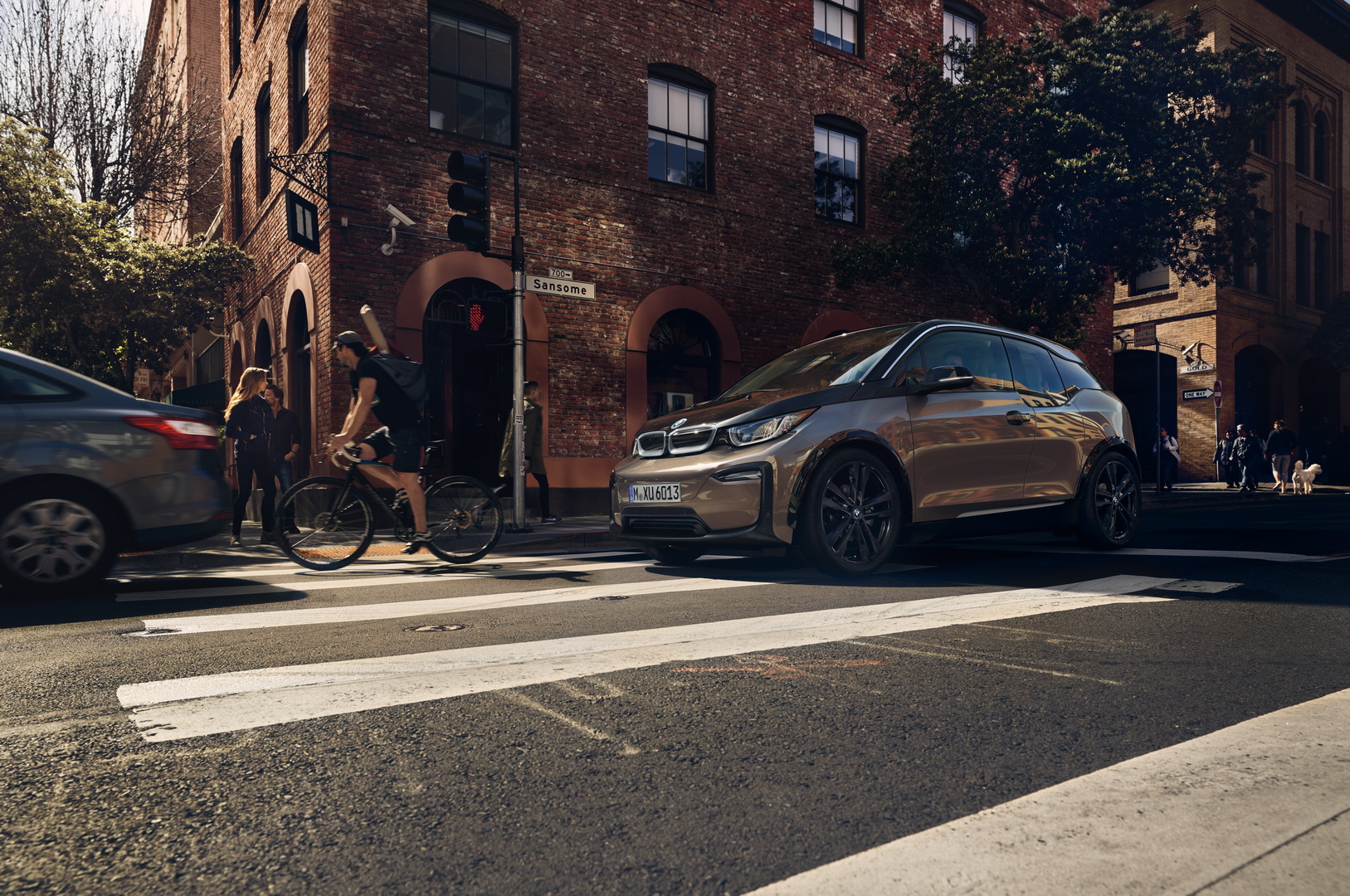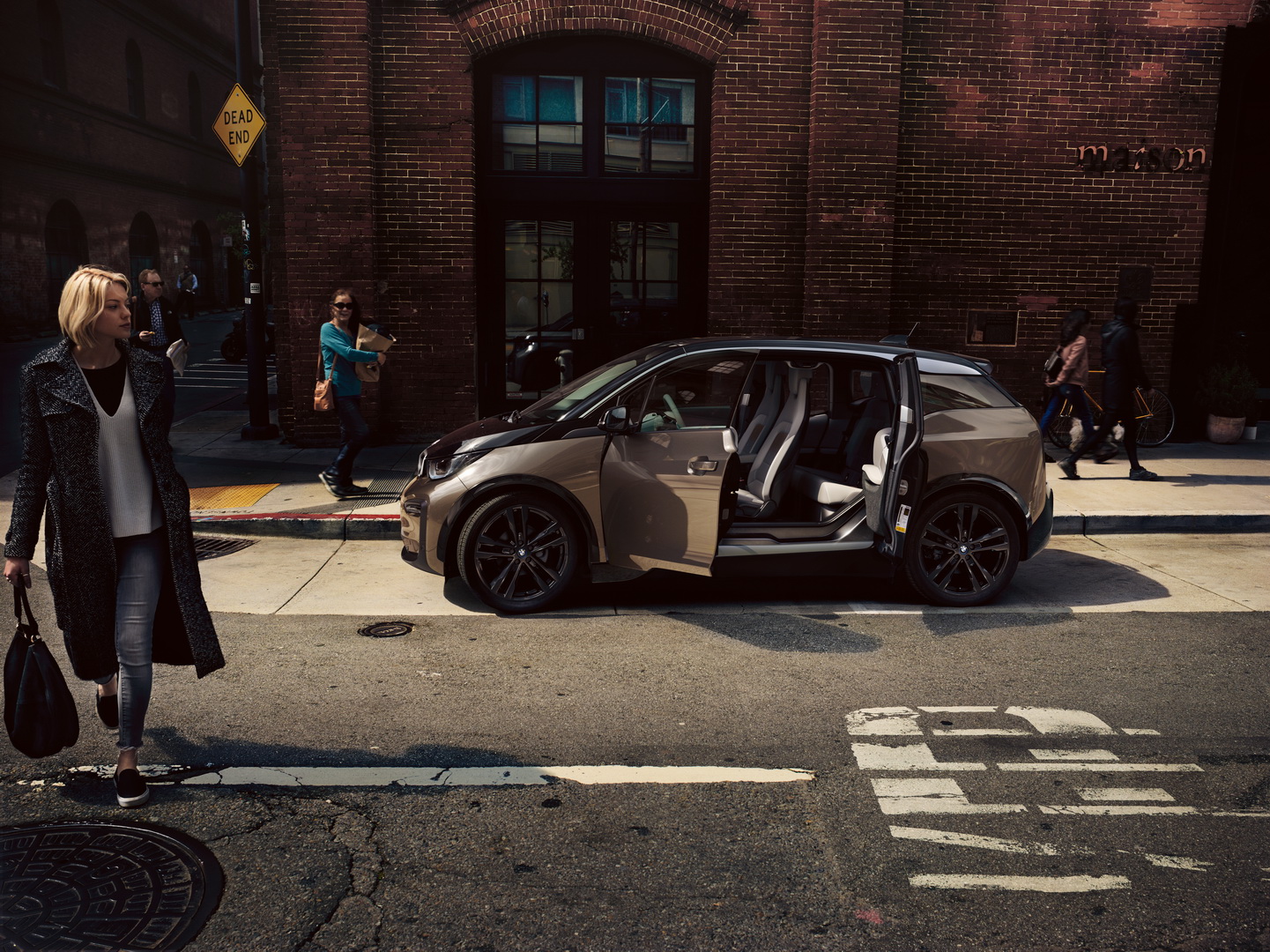BMW‘s manager for connected e-mobility, Jan Friemann, says that the range-extender “has no future” moving forward.
BMW’s range-extender technology is perhaps best known for being used in the BMW i3 REx, which uses a tiny 647 cc two-cylinder engine that serves as a backup generator to extend the range of the EV – hence the name.
Speaking with Green Car Reports at the ongoing Los Angeles Auto Show, however, Friemann said that the time for vehicles like this is over even though sales of the i3 REx continue in select markets like the U.S.
Also Read: BMW i3 And i8 Recalled Over Faulty Electric Module That Could Lead To Power Loss
“The idea behind the range extender really helps people to get over range anxiety,” Friemann said when discussing the advantage of range-extender powertrains. “With a range extender you always had the feeling like okay, I’ve got a backup solution.”
Such systems were more important when electric vehicles were still in their infancy, according to Friemann. However, he remarked that the growth of fast-charging stations across Europe and the United States means “there’s really no need to be afraid” of running out of juice anymore.
As Green Car Reports notes, when the BMW i3 was first introduced in non range-extender guise, it was good for a range of 81 miles (130 km). This has since been improved to 153 miles (246 km) thanks to a larger battery pack, meaning the current i3 now has a greater range than the original i3 REx from 2014.
While BMW acknowledges that the range-extender is coming towards the end of its life, it plans to continue offering the i3 REx in the United States “for the foreseeable future,” perhaps until the i3 receives a rumored battery upgrade in 2021.



